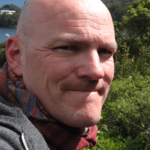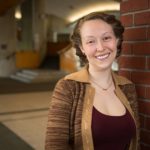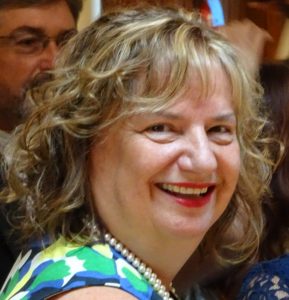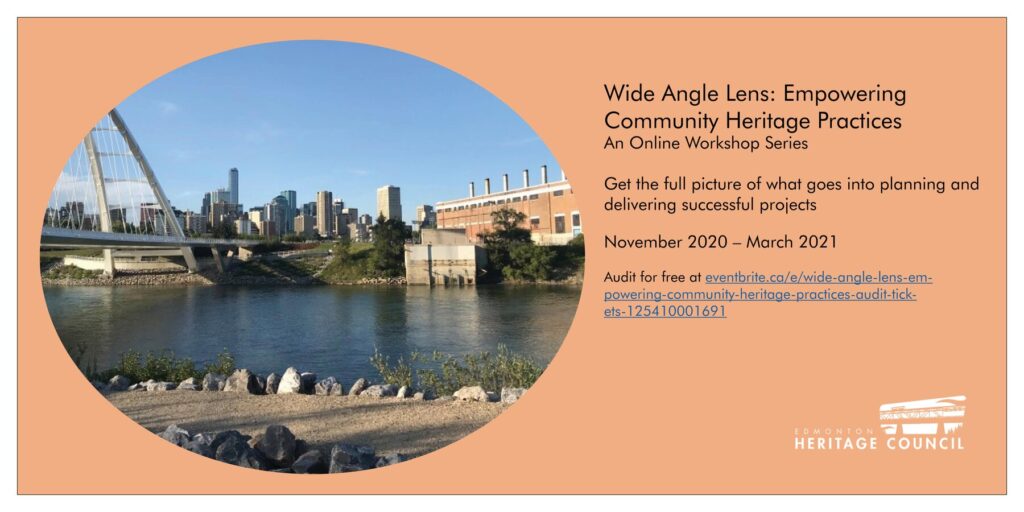The Edmonton Heritage Council has teamed up with internationally recognized heritage consultant and course instructor Catherine C. Cole to present a new series of 90-minute virtual workshops over the span of several months in 2020 and 2021.
Get the full picture of what it takes to plan and deliver community heritage projects with Wide Angle Lens: Empowering Community Heritage Practices.
Classes are offered one Thursday per month, with The Final Product on March 11, 2021 as the last remaining session (afternoon and evening options), and registration is required.
Next session:
Session 5: The Final Product (March 11, 2021 at 2:00 PM or 7:00 PM)
A broad range of dissemination approaches both physical (e.g., exhibitions, publications, heritage designations, community mapping, walking tours, archival and artifact collection, artistic outputs such as video ballads, poetry, music and dance, and visual arts) and online (e.g., project websites, virtual exhibitions, Virtual Museum of Canada/Community Memories, collections, podcasts, social media, blog) and how to decide which approach is most appropriate for the subject, audience, goals & objectives. Guest speakers: Christina Hardie, curator of the EHC initiative Edmonton City as Museum Project; Tom Long, North Wind Heritage Consulting.

Tom Long is a Certified Interpretive Guide and Trainer who specializes in Living History villages and creative ways to engage the public, skills honed for nearly twenty years at Fort Edmonton Park and several other museums. He has a Bachelor’s Degree in Canadian History and training from the National Association of Interpretation, Museum Hack, the Disney Institute, and the Alberta Museums Association. Do you want to talk about comics with him?

Prior to shifting her focus to the histories of this place, Christina Hardie worked as a professional actor. She has worked as an Interpreter at various natural history sites in the city, served as Programs Coordinator at John Walter Museum, and has worked for the Rupertsland Institute for Métis Excellence researching and writing about historic Métis communities in Alberta. Prior to becoming the Curator of the Edmonton City as Museum Project, Christina undertook her own ECAMP adventure exploring the history of Mill Woods through oral history interviews related to natural spaces and the childhood experience of growing up in the community.
*COMPLETED* Session 1: Edmonton Stories (November 19, 2020 at 2:00 PM or 7:00 PM)
The first webinar in the series discusses the ‘Edmonton Story’, including what has and has not been studied and why. Universities, museums, and archives have traditionally been dominated by white men. History is written by literate people based primarily upon the written record. The stories of women, BIPOC residents, and working class people have received less attention. Participants will be encouraged to share their thoughts about important stories that are missing in the Edmonton narrative. Guest speaker: Donna Coombs-Montrose, Alberta Labour History Institute.
*COMPLETED* Session 2: 10 Steps in Project Planning (December 10, 2020 at 2:00 PM or 7:00 PM)
An overview of the 10 Steps in Project Planning. These steps will be discussed in detail throughout the remaining webinars. Participants will discuss the subject matter/theme they would like to explore, along with goals and objectives, how to develop a budget and identify marketing approaches, plus information on how to implement, evaluate, and report upon their projects. Guest speakers: Julia Darby and Joe Hartfeil, Edmonton Heritage Council.
*COMPLETED* Session 3: Working ‘With’ and ‘In’ Communities (January 14, 2021 at 2:00 PM or 7:00 PM)
This session covers the difference between the concepts of consultation, engagement, collaboration, partnership, community research, representation, inclusion, voice, and shared authority. We will discuss the difference between working ‘in’ communities, as a community member, and working ‘with’ communities as an outsider, and how that impacts projects. Today researchers cannot study a BIPOC community without either being a part of the community or working in close collaboration with community members: “Nothing About Us Without Us.”
Guest speakers: Don Bouzek – Ground Zero Productions (afternoon and evening session), Soni Dasmohapatra – consultant (afternoon session), Azkaa Rahman – City of Edmonton (evening session).
*COMPLETED* Session 4: Research (February 11, 2021 at 2:00 PM or 7:00 PM)
How to conduct primary and secondary research, with a focus on oral history. The webinar discussed the limitations of current archival resources and how to improve representation within archives by building community collections, as well as how to use archival sources such as newspapers, photographs, and artifacts in research.
Guest speakers: Terry Morin, Archives Manager for Enoch Cree Nation and Elyse Abma-Bouma of Edmonton Heritage Council. Please read the Q&A with Elyse at this link. This session also gave attendees the opportunity to discuss archival and oral histories with each other and breakout session facilitators with expertise in the area. Facilitator Catherine C. Cole also answered some questions earlier in 2021 about the course.
EHC offers this course through the generosity of the Edmonton Community Foundation, whose Rapid Response Fund provided invaluable financial support.
All registrants will receive Zoom credentials and related materials via email in advance of the specific sessions.
More about this course: In 2019, the Edmonton Heritage Council undertook a series of workshops to help heritage practitioners and organizations better address the need to build capacity and evolve alongside the community. This new program, developed as it is in partnership with a highly experienced and accomplished instructor like Catherine C. Cole, allows us to further expand on themes around sustainability, effective planning, and representation.As a proponent of the City of Edmonton’s Connections & Exchanges plan, EHC is using the program as an opportunity to further some of the important aims laid out in the plan. By fostering cultural connections, encouraging inclusive heritage practices, removing barriers, exploring emerging ideas, creating opportunities for collaboration, and providing training to those within the heritage community through these workshops, EHC will help participants improve the sector in the most direct way possible: through their own respective practices. Videos summarizing the course will be made publicly available after the program’s completion. Please contact info@edmontonheritage.ca to learn more.
About EHC: We connect people to the stories of our city through our leadership, support, and programs. We do this by helping Edmontonians research, preserve, interpret, and advocate for our heritage. The Edmonton Heritage Council has a mandate to serve as a leader in advancing Connections & Exchanges, Edmonton’s 10-year arts and heritage plan.

About the instructor: Catherine C. Cole is an internationally recognized leader in the cultural field with 35 years of professional experience. Since 1993, she has been Principal Consultant with Catherine C. Cole & Associates, where she focuses on management consulting, curatorial initiatives, and teaching museum studies. She previously worked on the preservation of Indigenous cultural heritage in the Solomon Islands, as well as in museums and historic sites in Alberta and Ontario. Additional experience includes research, curation, oral histories, video, placemaking, virtual exhibitions, and much more within heritage and beyond. Specialties include Indigenous, migration, neighbourhood, labour, and social histories.
Catherine is a Fellow of the Canadian Museums Association, Special Advisor to the Commonwealth Association of Museums, Vice-Chair of the International Committee for the Collections and Activities of Museums of Cities, and a member of Parks Canada’s Indigenous Cultural Heritage Advisory Council.
This new webinar series developed in part out of a 2019 series coordinated by Soni Dasmohaptra, whose report on last year’s capacity-building workshops is available here. Last year’s series, which covered financial planning, organizational sustainability, and succession planning, was developed with the Connections & Exchanges plan as well as the Hatlie Group sustainability model in mind. Learnings from that program have in turn informed the development of the online workshops.
